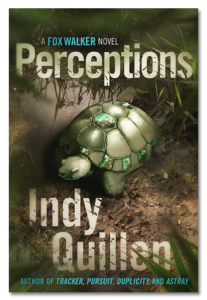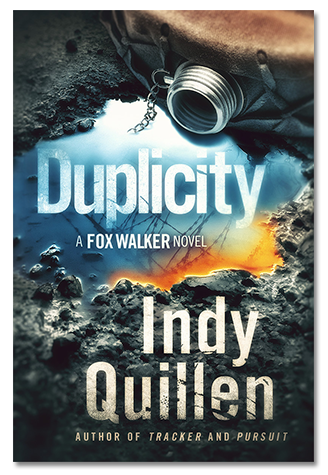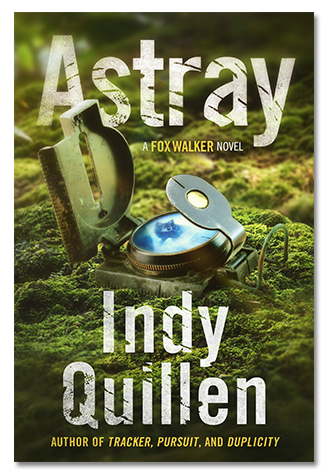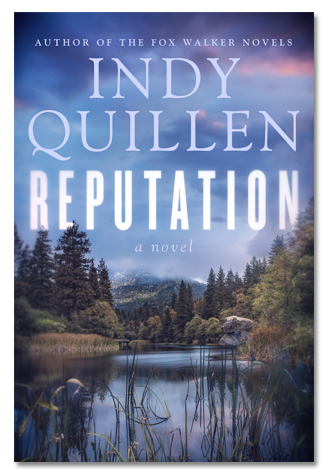My husband and I recently spent 12 days on a 3,000-mile road trip from San Diego to the Pacific Northwest and back.
Driving through the drought-stricken countryside of California brought home the reality of the water shortages here in this state. What a contrast to leave the brown, dry fields and hills to enter the mountains of Oregon.
 Here the clouds rolled overhead and rain enhanced the lush colors of evergreens amid the gold, reds and yellows of fall foliage. Through Oregon and into the state of Washington we traveled in and out of the rain and sunshine until we reached my son’s home. What a nice change, to bundle up in sweaters, and feel the chill of autumn on our faces.
Here the clouds rolled overhead and rain enhanced the lush colors of evergreens amid the gold, reds and yellows of fall foliage. Through Oregon and into the state of Washington we traveled in and out of the rain and sunshine until we reached my son’s home. What a nice change, to bundle up in sweaters, and feel the chill of autumn on our faces.
During our visit with my youngest son, he mentioned that when fall came and winter was soon to be upon him, he found himself getting depressed. Having moved north from sunny California, he dreaded the time of year with rare days of sunshine and an overabundance of cloudy weather – with a few days of snow thrown in. He tended to hunker down and hibernate for the winter and could hardly wait for spring. But, recently he had taken to watching more closely his fellow Washingtonians, and felt he was learning an important lesson in how to adapt to his new environment.
He took note that the natives of Washington didn’t let the weather change their lifestyle. In other words, life went on as it had all summer. If the dog needed to be walked and it was raining, you took the dog for a walk – you just added a raincoat. If you wanted to do a bike ride, you would gear up and go for a ride. If you walked every evening in the summer, then you put on a coat and walked every evening in the winter.
He came to the conclusion that by keeping active and not changing their lifestyles for the wetter, colder weather, people were more able to avoid depression and the humdrums of winter. He has decided to adapt his thinking, as well.
 While there, we took the ferry to Olympic National Park and walked in the rain forests with the dripping firs and pines, spotting elk nearby, and an albino squirrel.
While there, we took the ferry to Olympic National Park and walked in the rain forests with the dripping firs and pines, spotting elk nearby, and an albino squirrel.  We drove to the ocean side of the peninsula and walked Ruby Beach, climbing over large driftwood logs. And just as a light drizzle settled in, we watched a magnificent bald eagle fly right over us. Think of the experiences we would have missed if we’d stayed indoors, instead of venturing out ‘in the weather’.
We drove to the ocean side of the peninsula and walked Ruby Beach, climbing over large driftwood logs. And just as a light drizzle settled in, we watched a magnificent bald eagle fly right over us. Think of the experiences we would have missed if we’d stayed indoors, instead of venturing out ‘in the weather’.
Everything we did that day made us more fully appreciate our evening of sitting around the fireplace, relaxing in the warmth of our snug little cottage.

I firmly believe that the more we get out and connect with nature, the more we begin to understand our environment, and can adapt to it – something our ancestors knew intimately.


 Being outside in nature is the most basic part of who I am. Besides gaining knowledge about wildlife, I learn lessons about who I am, and surprise myself about what I am capable of achieving. Nature continually inspires me. It is a part of all my writings, no matter the genre or subject matter.
Being outside in nature is the most basic part of who I am. Besides gaining knowledge about wildlife, I learn lessons about who I am, and surprise myself about what I am capable of achieving. Nature continually inspires me. It is a part of all my writings, no matter the genre or subject matter. 





